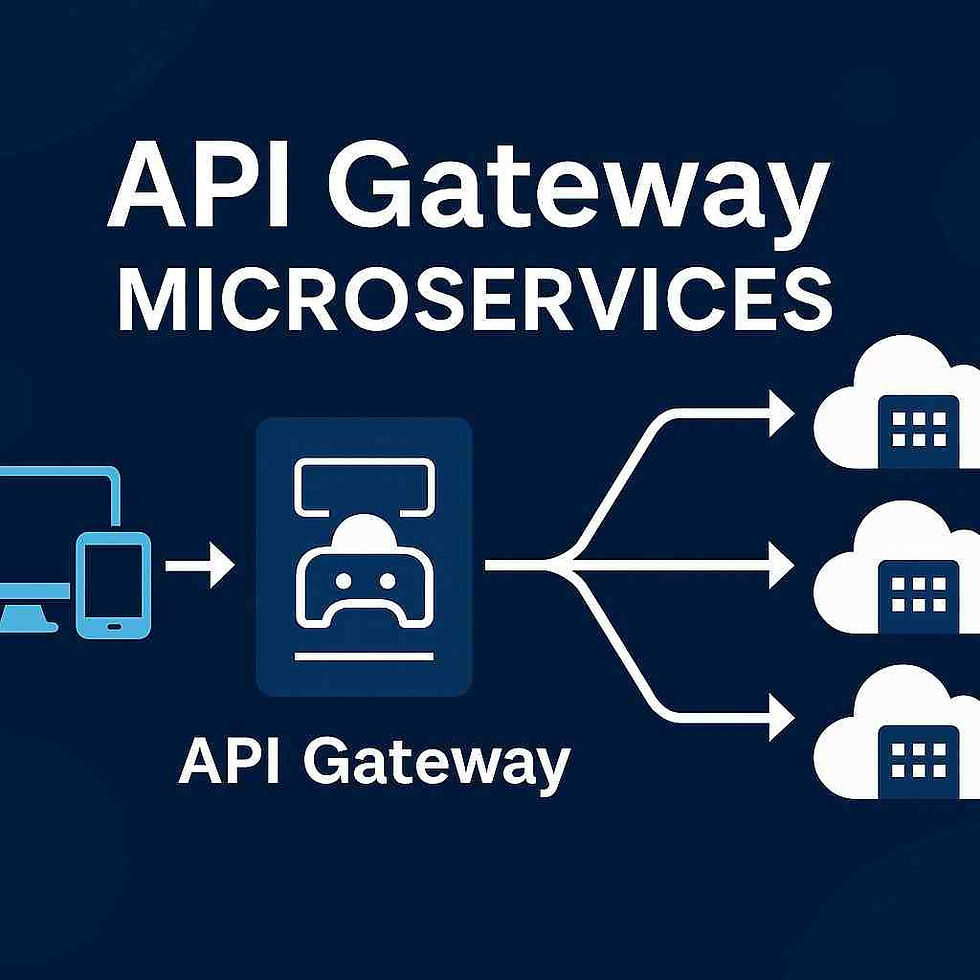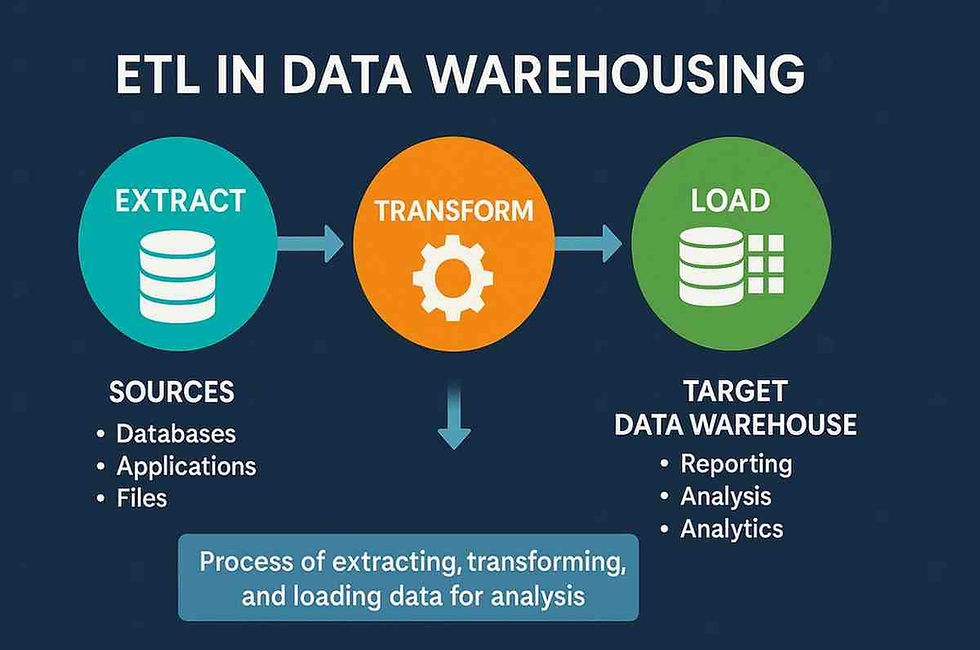Discover Cutting-Edge API Testing Frameworks with AI
- Gunashree RS
- Nov 23, 2024
- 4 min read
What are API Testing Frameworks?
In today’s fast-paced software development landscape, application programming interfaces (APIs) play a crucial role in enabling seamless communication between different software systems. API testing frameworks have become indispensable to ensure these connections function as intended.
API testing frameworks are tools or libraries designed to help developers and testers evaluate APIs’ functionality, security, performance, and reliability. They streamline the process of validating endpoints, ensuring data integrity, and meeting performance benchmarks. From verifying user authentication to assessing how APIs handle large-scale requests, these frameworks provide a structured way to maintain robust integrations.
Importance of API Testing Frameworks
Modern software systems are increasingly interconnected, making reliable APIs essential. Traditional testing approaches often fail to meet the speed and accuracy requirements of today’s development cycles. API testing frameworks empower teams to automate repetitive tasks, integrate testing into continuous integration/continuous deployment (CI/CD) pipelines, and identify errors early in development.

Types of API Testing Frameworks
API testing frameworks can be broadly classified into two categories: code-based frameworks and codeless frameworks. Each has unique strengths and weaknesses, catering to different user groups and project requirements.
Code-Based Frameworks
These frameworks, like REST-assured and Postman, require programming knowledge to write and execute tests.
Advantages:
Highly flexible and customizable.
Seamlessly integrates with CI/CD pipelines.
Ideal for advanced users comfortable with code.
Disadvantages:
Requires a steep learning curve for non-technical team members.
Test creation can be time-intensive.
Codeless Frameworks
Codeless frameworks, such as Devzery and SoapUI, simplify API testing by providing user-friendly, drag-and-drop interfaces.
Advantages:
Lower technical barriers for non-developers.
Faster onboarding and test creation.
Leverages automation for efficiency.
Disadvantages:
Dependency on proprietary tools or plugins.
Limited flexibility compared to code-based frameworks.
Feature | Code-Based Frameworks | Codeless Frameworks |
Learning Curve | High | Low |
Customization | Extensive | Moderate |
Integration with CI/CD | Excellent | Good |
Ease of Use | Moderate | Excellent |
Why Manual Testing Falls Short
Manual API testing, though historically effective, struggles to keep pace with the demands of modern development.
Challenges of Manual API Testing
Time-Intensive: Each test requires manual input, execution, and validation, consuming valuable resources.
Error-Prone: Human oversight increases the risk of missed bugs or inaccuracies.
Scalability Issues: Managing large volumes of tests becomes unmanageable as systems grow more complex.
For instance, a global e-commerce enterprise relying on manual testing faced significant downtime during a high-traffic period because their APIs couldn’t handle unexpected load spikes—a preventable scenario with automated frameworks.
Summary
While manual methods may work for small-scale projects, they’re ill-equipped to handle today’s interconnected architectures. Enterprises must adopt automated frameworks to ensure reliability and scalability.
Key Features to Evaluate in an API Testing Framework
When selecting an API testing framework, enterprises should prioritize features that align with their scalability and integration requirements.
Scalability: Choose frameworks capable of handling enterprise-level workloads without compromising performance.
CI/CD Integration: Tools should seamlessly integrate with DevOps pipelines for continuous quality assurance.
Automation Capabilities: AI-driven automation accelerates testing cycles and reduces human errors.
Cost-Effectiveness: The solution should provide a tangible return on investment (ROI) for large-scale implementations.
Popular API Testing Frameworks in 2024
Postman
Strengths: Popular among developers; intuitive interface.
Limitations: Limited CI/CD automation support.
SoapUI
Strengths: Comprehensive functional testing capabilities.
Limitations: Lags behind in codeless adoption.
REST-assured
Strengths: Flexible and developer-friendly.
Limitations: Requires advanced coding knowledge.
Devzery
Strengths: Combines AI-powered automation with codeless workflows, enabling faster testing and superior scalability.
Framework | Ease of Use | Automation Support | CI/CD Integration |
Postman | High | Moderate | Limited |
SoapUI | Moderate | Moderate | Good |
REST-assured | Low | High | Excellent |
Devzery | High | High | Excellent |
How AI is Revolutionizing API Testing
Artificial Intelligence (AI) has emerged as a game-changer in API testing, introducing capabilities that go far beyond traditional methods.
Key Benefits of AI-Powered API Testing
Automated Regression Analysis: AI identifies changes and automates test cases to ensure stability after updates.
Smart Data Generation: Generates diverse data sets for comprehensive testing.
Predictive Analytics: Detects patterns and predicts potential failures, allowing proactive fixes.
FAQs
1. What is the best API testing framework for enterprises?
The best framework depends on specific needs like scalability and CI/CD integration. Devzery excels with its AI-powered, codeless approach.
2. How can AI improve API testing?
AI automates regression tests, detects patterns, and predicts failures, enabling faster and more accurate testing cycles.
3. What are the limitations of manual API testing?
Manual testing is slow, prone to errors, and unsuitable for handling complex, large-scale systems.
4. Can I integrate API testing into my existing CI/CD pipelines?
Yes. Frameworks like Devzery are built for seamless CI/CD integration, ensuring continuous quality assurance.
Conclusion
API testing frameworks are vital for maintaining seamless integrations in today’s complex digital ecosystems. While traditional approaches like manual testing are no longer viable, modern frameworks—especially those powered by AI—offer unparalleled efficiency, accuracy, and scalability.
As enterprises look to future-proof their testing strategies, solutions like Devzery stand out, combining the best of automation, ease of use, and advanced AI capabilities. By adopting such frameworks, businesses can ensure robust APIs, faster delivery cycles, and improved ROI.




Comments